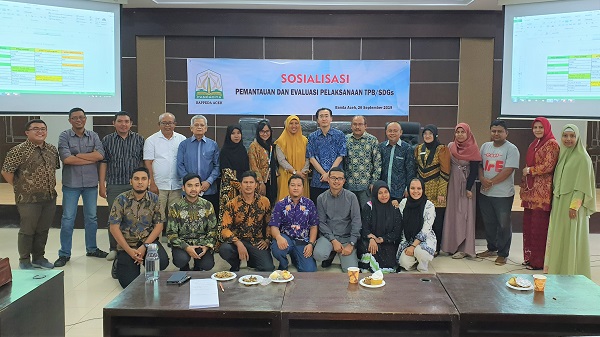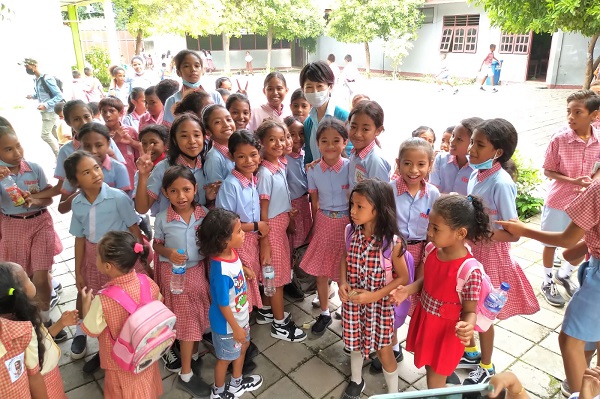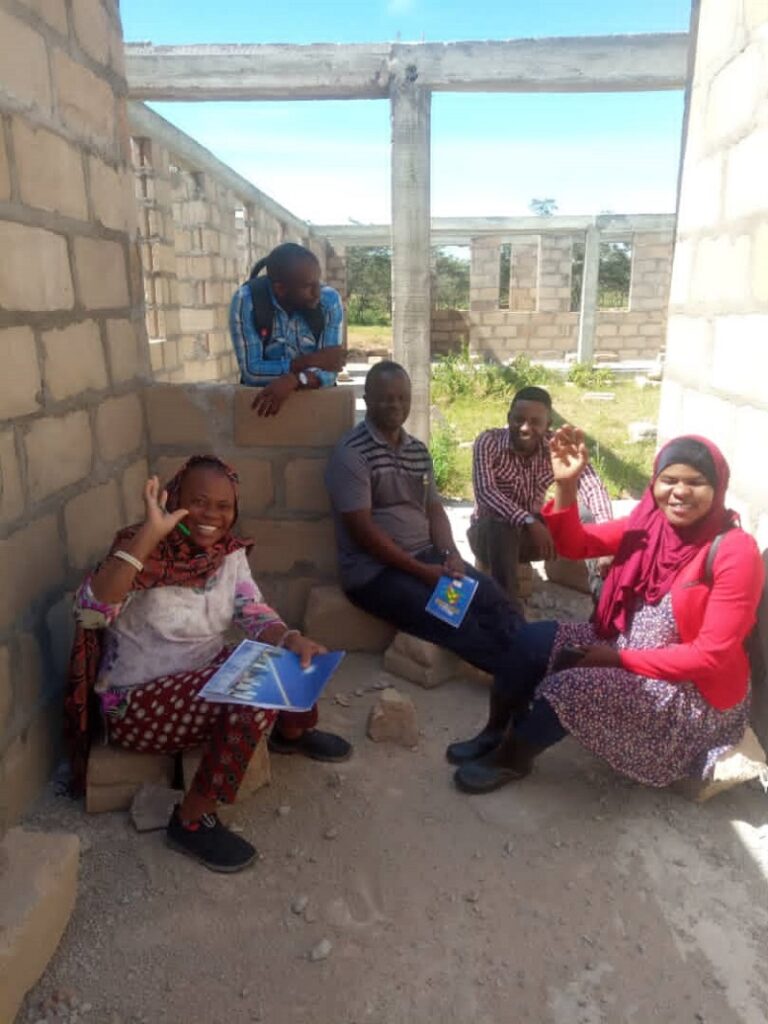
The government of Indonesia (GOI) released the Voluntary National Review (VNR) at the High-Level Political Forum on Sustainable Development in New York in July 2017. According to GOI, out of 241 Global Indicators of Sustainable Development Goals (SDGs), (1) the number of “National Indicators similar to global indicators” was 85, (2) the number of “Proxy indicators that could be developed” was 76, (3) the number of “Global indicators that still need to be developed” was 75, and (4) the number of “Global indicators irrelevant for Indonesia” was 5. Therefore, although GOI was able to respond to approximately 36% of all indicators at that time, it was necessary to set the remaining indicators (especially (2) and (3)). The Ministry of National Development Planning/National Development Planning Agency (“Bappenas”) has been developing the National Action Plan and Sub-National Action Plans for provincial governments, in accordance with the Presidential Decree of the Republic of Indonesia Number 59 Year 2017. The action plans are indispensable since they promote the implementation of SDGs of GOI by setting activities for achieving indicators. Introducing a Monitoring and Evaluation system is also an urgent issue for Bappenas to monitor and evaluate the implementation of SDGs by GOI appropriately.
IDCJ has supported GOI initiatives on SDGs since 2017 through a study commissioned by JICA. Based on those backgrounds, JICA started this Technical Cooperation Project with Bappenas to strengthen the framework of the implementation of SDGs in Indonesia in terms of indicators, action plans, monitoring and evaluation, and mutual learning. The project worked in the following four areas: 1) To set the definition of Indicators of SDGs; 2) To develop the National Action Plan and Sub-National Action Plans of target provinces; 3) To develop, implement and report the Monitoring and Evaluation of SDGs; and 4) To hold seminars on Mutual Learning on Implementation of SDGs.
Utilizing and disseminating the results of this project (Phase 1), IDCJ has been implementing the Project for Strengthening Framework of Implementation of SDGs of the Subnational Governments in Indonesia (Phase 2) since December 2023. The Phase 2 project aims to further promote the Indonesian government’s efforts to achieve the SDGs by strengthening the subnational government’s SDG-related policy planning, implementation, monitoring, and evaluation systems, and promoting public-private partnerships.

Japan’s development cooperation in Timor-Leste began in 1999 before the country became independent in May 2002. Japan has a 20-year history of assisting Timor-Leste with ODA and has provided support in various fields through three schemes: technical cooperation, grant aid, and loan aid. On the 20th anniversary of ODA assistance to Timor-Leste, this study looks back at ODA projects that have been implemented in Timor-Leste since 1999. It also reviews the achievement of these projects to identify their contribution to the social and economic development of Timor-Leste. In addition, the study will provide suggestions for the future direction of ODA projects in Timor-Leste.
IDCJ has also conducted similar studies in Vietnam, Malaysia, and Indonesia.

Tanzania has been promoting a decentralization policy since 1996. Since 2000, it has been implementing the Local Government Reform Programs (LGRP1 2000-2008 and LGRP2 2010-2014), which are implementation programmes for this policy. In addition, as part of this policy, Tanzania has developed its unique participatory planning method, the Opportunity and Obstacles to Development (O&OD) method and attempted to disseminate it to all local government authorities.
JICA has been continuously engaged in supporting Tanzania’s initiative for local government reform for more than 15 years. JICA has established “local government reform support program” and has provided support through various schemes, namely, dispatching advisors, financial assistance through poverty reduction strategy support grants, national and regional training, domestic training, and technical cooperation projects.
On the other hand, the Government of Tanzania called for the strengthening of the functions of the local government system in the Second Five-year Development Plan (FY2016 / 17-2021 / 22) as it claimed the decentralization so far was insufficient and inappropriate. It took initiatives such as reviewing the system, changing the roles of the government and local governments, and in particular, strengthening the involvement of the central government through the review of the local administration system, including the suspension of the local grants from 2017.
As JICA completed Phase 2 of the O&OD Project, it reviewed the program and the results of the long-term and wide-ranging support in this field and examined future issues and support strategies.
